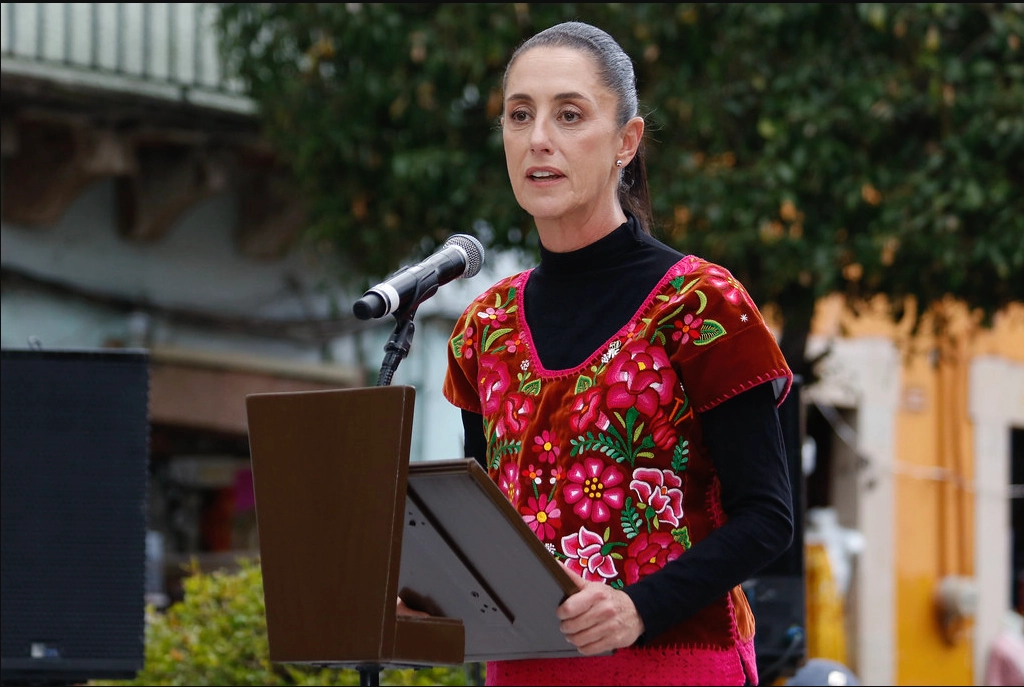What can we expect less than a month before the first debate between presidential candidates in Mexico? A solid deliberation with arguments on the main problems affecting Mexicans? Or confrontation, trivialization, and constant attack?
The ideal would be the deliberation of proposals that promote dialogue between the interlocutors. However, as we have seen, debates are not debates. The 2018 debate, for example, is remembered for phrases such as “We need to shake hands with those who steal in public service”, by independent candidate Jaime Rodríguez Calderón, alias El Bronco, or “They are hypocrites”, by Ricardo Anaya Cortés, of the coalition Por México al Frente, or “Ricky Riquín Canallín”, as Andrés Manuel López Obrador, of the Morena Party, called him. More than debates, the candidates offer us fights and uncomfortable moments.
In his book Alegato por la deliberación pública, Raúl Trejo Delarbre points out that the decline of public debate makes candidates more concerned with answers than proposals. In addition, socio-digital networks influence the substitution of discourse for data.
Fake news and algorithms have not only marked the electoral process but also the national and international agenda, and this may be another limitation that restricts deliberation. Now, the crisis is not only of dialogue but also of listening and observation in the face of infodemia and sensationalism that blurs arguments, the exchange of ideas, consensus, and dissent.
In the electoral campaigns that began on March 1, we have seen all kinds of resources used by candidates to achieve closeness, empathy, and vote preference. Yet these efforts are insufficient in the face of local problems.
On this last point, for example, in a campaign act Xóchitl Gálvez, candidate of the Coalición Fuerza y Corazón por México, signed the “blood pact” by pricking her finger and signed a paper promise not to eliminate social programs. For her part, the candidate of the ruling party, Claudia Sheinbaum Pardo, said at the campaign kick-off “Let corruption continue”, and corrected herself with “Let transformation continue”. And Jorge Álvarez Máynez, of the Movimiento Ciudadano (MC) Party, who focuses his proposal on security issues, stated in his campaign narrative that “in 90 days he would turn the race around”, which, incidentally, does not favor him.
In this context, it would seem that if there is no disqualification there is no debate. But if there is disqualification, then a communication vacuum is created where the form wins and not the substance. Therefore, debates are used by the candidates to position themselves in the polls and come out “victorious”. That is why it is common that, right at the end of the debate, everyone declares themselves winners without reflecting on the content of their intervention and its possible impact through the social thermometer.
Although in electoral matters nothing has been said, this is how we are approaching the first debate, which will take place on April 7 at the headquarters of the National Electoral Institute (INE). Something peculiar is that, for the first time, questions from the citizenry will be selected through socio-digital networks, what the institute has called “Format A”.
The second debate will be held on April 28 at the Studios Churubusco venue with a “Format B”, with questions asked by citizens. The third and last one will take place on May 19 at the Cultural University Center Tlatelolco at 8:00 pm. As we can see, all of them will take place in Mexico City.
In that sense, despite some successes such as the inclusion of questions from the public through socio-digital networks, there is a need for deliberation, more substance, and perhaps less form. Although society requires proposals, answers, and actions close to its reality, the truth is that the so-called “dirty war” between candidates is still in force.
Therefore, the three debates are absoluty necessary. Beyond a spectacle similar to the ring of a boxing match where the winner is the one who gets the most knockouts, what we need is a debate of height and dialogue with the society that responds to the challenges facing the country. And now even more so, since this dispute is historic: of the three contenders, two are women who are leading the polls. Should the results favor them, it would be the first time that Mexico will have a woman president who will have to solve emerging issues such as insecurity, the migratory crisis, the environment, corruption, gender violence, missing persons, etc. While these are not new issues, they have deepened. Hence, debate and deliberation are the opportunity to show other ways of doing politics and abandon worn-out strategies.
Complacency, superficiality, and attack are the characteristics of our presidential debates, and from them, we lose what matters: proposals. This does not mean we should stop asking ourselves: deliberation or confrontation? We will find out in the upcoming debates.
*Translated by Janaína Ruviaro da Silva from the original in Spanish.












